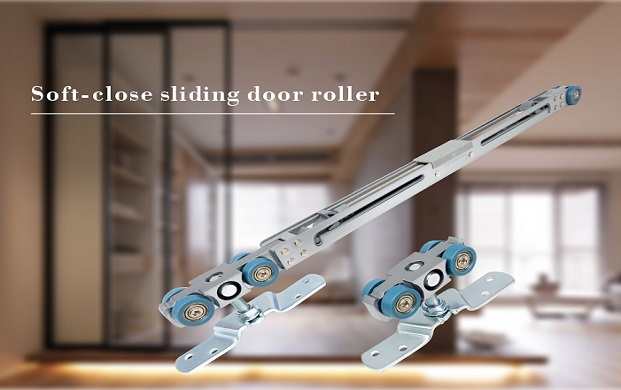

Sliding door rollers are commonly used in various areas of our daily lives, such as kitchens, balconies, and bathrooms. The roller system is a crucial component of sliding doors, and the quality of the rollers can greatly impact their usability. So, what materials are best for sliding door rollers and how do you choose the right ones?
1. Metal Wheels:
Advantages: High load-bearing capacity, long lifespan, wear-resistant, and deformation-resistant.
Disadvantages: Less smooth gliding motion, tend to friction and noise during operation.
2. Rubber Wheels:
Advantages: The surface of the wheels is coated with a non-drying lubricating ester, enabling effortless and smooth sliding without noise. This compensates for the drawbacks of metal wheels.
Disadvantages: Rubber wheels are made from different materials, resulting in varying density, which can cause the rollers to derail during use.
3. Metal-Nylon Compound Wheels:
Advantages: Metal-nylon compound wheels offer the benefits of both metal and rubber wheels. They have a high load-bearing capacity, pressure resistance, wear-resistance, and smooth sliding. They are currently the mainstream roller system in the market. However, it is crucial to choose a roller system that matches the weight of the door.
Furthermore, the compatibility between the roller and the sliding track is essential. The roller and track should fit tightly to ensure smooth and quiet sliding, providing an excellent using experience.
HEBO sliding door roller systems feature a zinc alloy carriage with nylon wheels. Both the one-way / two-way buffer roller systems and regular rollers are manufactured fully complying with EN standards. They have undergone SGS testing and certified 100,000 times of smooth sliding motions. These systems are the ideal choice for commercial or residential sliding door applications.